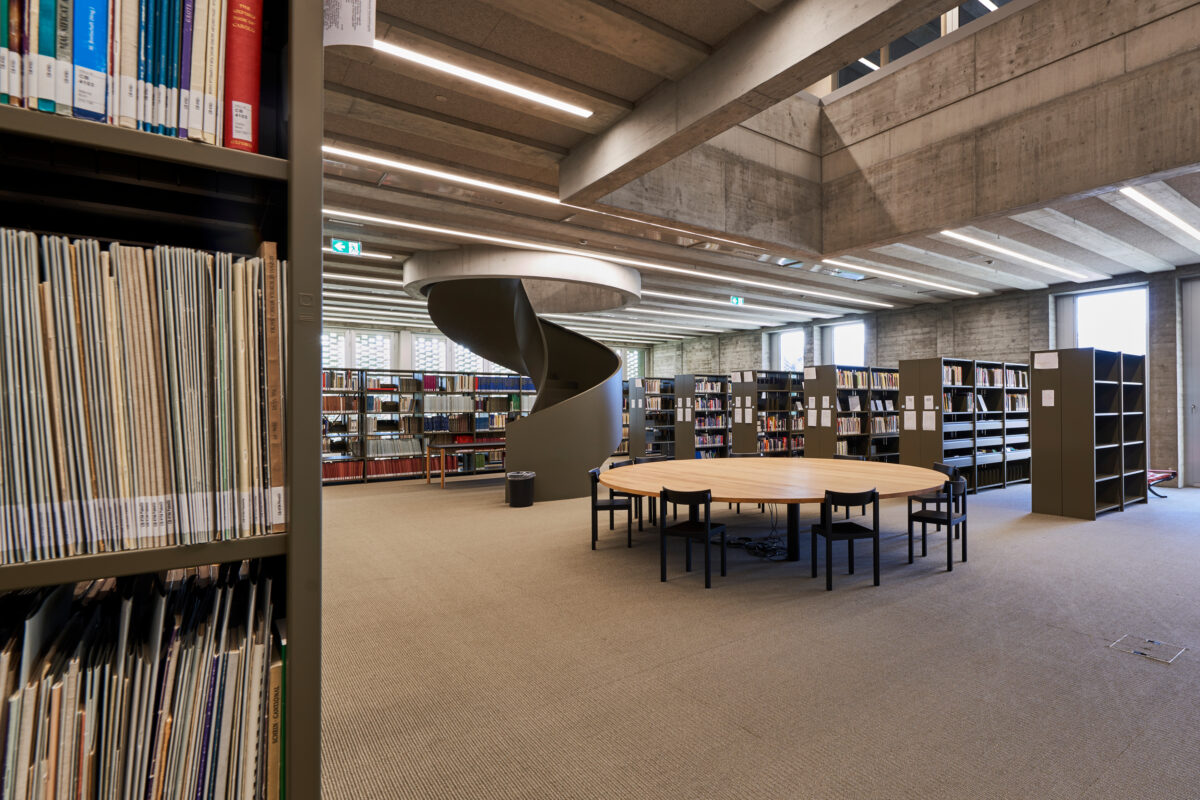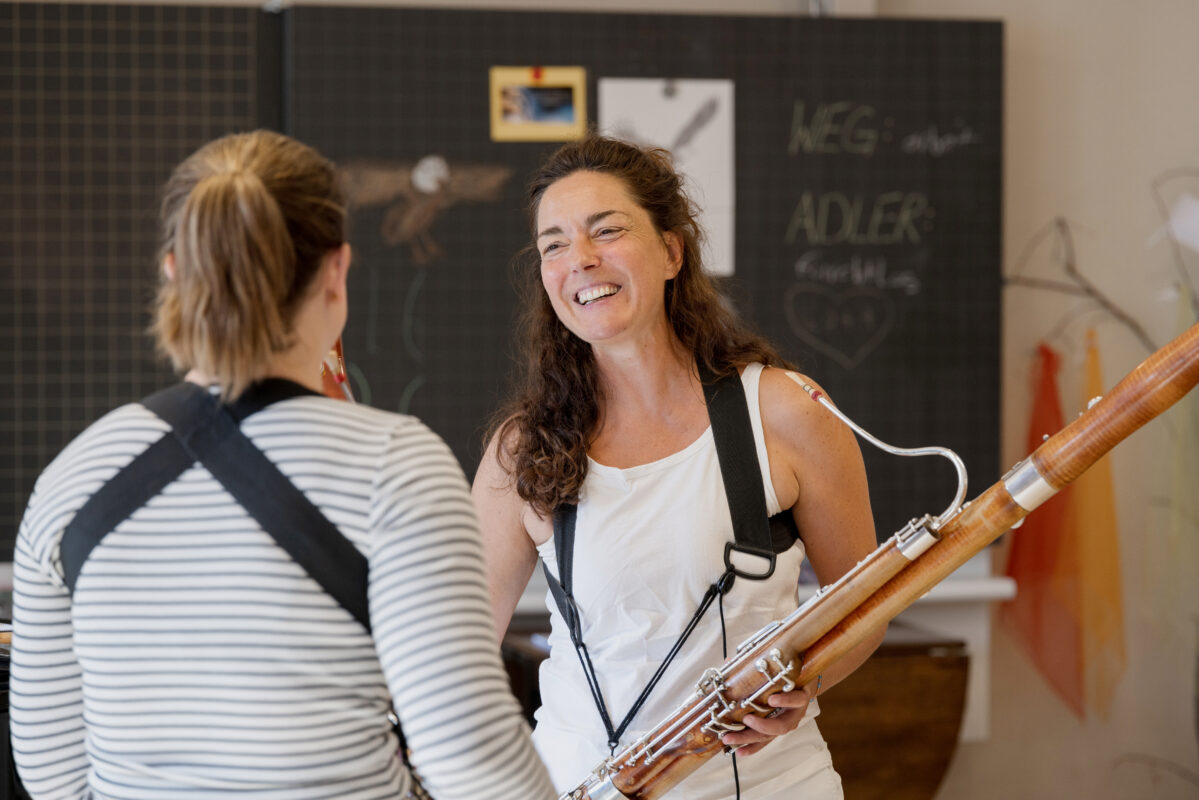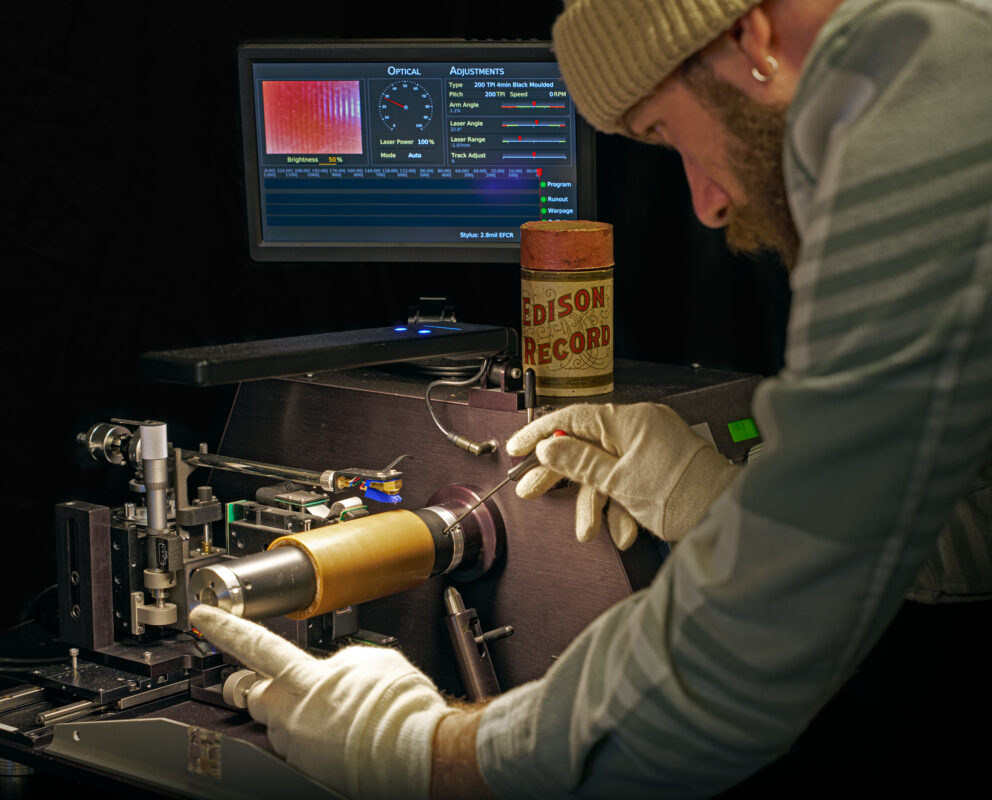Laying the musical foundation
Music and movement or rhythmics? Primary music school or elementary music education? This professional field has many names. But it is always at the heart of music education, at the pulse of society.
Those who leave the conservatory with a Bachelor's or Master's degree in their pocket are in demand, even coveted. This is because most cantons are familiar with these special music lessons in elementary school, the number of pupils is rising, and expanded offerings as part of all-day schools are leading to additional demand for teachers. The majority of graduates in music and movement (also) work at elementary school. There they fulfill an essential part of the educational mandate in the subject of music. Without their commitment, music education would come to a standstill. In a society in which active music-making is not automatically part of family life, these music teachers lay the foundations for general, active access to music - and more than that: "Sensory, social, creative and visionary skills are trained, the basis of the 'future skills' that are so urgently needed," says Claudia Wagner from the HKB.
The practice of equal opportunities
Together with the elementary school staff, the music teachers work day in, day out to ensure equal opportunities in real life, beyond big words and concepts. The heterogeneity in the classes is great and continues to grow. This calls for pedagogical skills. All Swiss music academies take these requirements into account in their training programs. Dominique Regli-Lohri from the Lucerne School of Music says: "Pedagogy is being strengthened so that our students can hold their own in everyday working life and pass on the knowledge they have acquired. This includes not only subject-specific aspects, but also, for example, knowledge of classroom management, conflict resolution and communication."
A broad professional field
The fact that these specialists for early musical education in schools are so sought-after perhaps obscures the other career options. But they are also of great importance: "I think the pre-school sector should also be covered more, for 2, 3 and 4-year-olds," says Stefanie Dillier, President of Rhythmik Schweiz. " I have some concerns that this area will be lost when the long-serving rhythmists retire in the coming years. But if you don't make music with young children at elementary level, if you don't sing and move with them, then you're missing out on something." Ruth Frischknecht, Edith Stocker and Christian Berger from the ZHdK also note: " Outside of school, more and more new professional fields are emerging in the areas of community arts, music education, activation, etc."
Federalism
It is clear that without this fundamental music education work, cultural participation in music is unthinkable. Article 67a, paragraph 2 of the Swiss Federal Constitution therefore states that the Confederation and the cantons "shall, within the scope of their powers, promote high-quality music education in schools". The associations in the field of music education are not of the opinion that this has already been achieved today. They are working hard for improvements. This is because there is still no legal basis for a standardized, binding inclusion of highly qualified music teachers with a music and movement degree in colleges throughout Switzerland. This means that the approach differs from canton to canton and even from municipality to municipality. Basel-Stadt is considered exemplary, as music and movement is taught in half classes throughout all six years of elementary school. Katrin Rohlfs from the Basel School of Music is pleased about this. " However, the fact that cantonal regulations vary so much does not speak for equal opportunities in cultural education, as enshrined in the Federal Constitution, " she notes critically.
Outlook
So there is still important political work to be done. But the professional field is already more inspiring and diverse than almost any other. All those responsible for training in music and movement at Swiss music academies point out that the musical-artistic, stylistic spectrum is also very broad, that it is possible to work with people of all ages and that the solid music education and artistic training is constantly being expanded with a view to the developments in our society, including, of course, in the area of digital approaches.
But the focus is still on people as sensual beings, or in the words of Florence Jaccottet from the Haute Ecole de Musique de Genève: " L'approche de la musique par le mouvement fait écho à une demande actuelle forte dans un paysage musical en pleine transformation, ou l'innovation se traduira peut-être de plus en plus par le désir du musicien de faire appel non pas à l'intelligence artificielle but bien physique et sensible."
Prof. Dr. Valentin Gloor
... is Director of the Lucerne School of Music.








